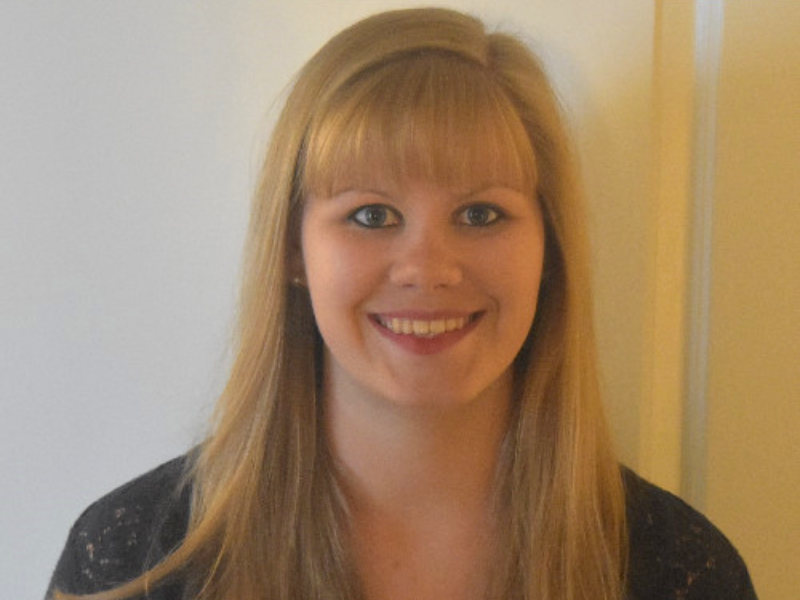Dr Hannah Mullings
The University of Manchester
Dr Mullings graduated with a First Class MEng degree in Mechanical Engineering in 2015. Following this went on to begin a PhD in Mechanical Engineering investigating the loads on a tidal stream turbine due to different unsteady operating conditions. In 2021, was awarded a fellowship of the Higher Education Academy as well as a Chartered Engineer through the Institution of Mechanical Engineers. For the last four years Dr Mullings has been supported as a post-doctoral research associate and subsequently as a Research Fellow at the University of Manchester, continuing research into offshore renewable energy.
Contributing to various EU and UKRI projects, including on the Interreg TIGER Project, a 46 Million Euro Industry-Academia collaboration led by the ORE Catapult and involving UK and French partners to accelerate deployment and stimulating supply chains for tidal energy systems in the Channel region.
Current research includes; providing tools to accurately achieve a desired turbine life expectancy, investigating the spatial variation in resource at a site and controlling device operation for both tidal and floating wind energy systems, aiming to mitigate the thrust loading, increasing stability and reducing high cyclic loading which causes fatigue.
Dr Mullings graduated with a First Class MEng degree in Mechanical Engineering in 2015. Following this went on to begin a PhD in Mechanical Engineering investigating the loads on a tidal stream turbine due to different unsteady operating conditions. In 2021, was awarded a fellowship of the Higher Education Academy as well as a Chartered Engineer through the Institution of Mechanical Engineers. For the last four years Dr Mullings has been supported as a post-doctoral research associate and subsequently as a Research Fellow at the University of Manchester, continuing research into offshore renewable energy.
Contributing to various EU and UKRI projects, including on the Interreg TIGER Project, a 46 Million Euro Industry-Academia collaboration led by the ORE Catapult and involving UK and French partners to accelerate deployment and stimulating supply chains for tidal energy systems in the Channel region.
Current research includes; providing tools to accurately achieve a desired turbine life expectancy, investigating the spatial variation in resource at a site and controlling device operation for both tidal and floating wind energy systems, aiming to mitigate the thrust loading, increasing stability and reducing high cyclic loading which causes fatigue.






